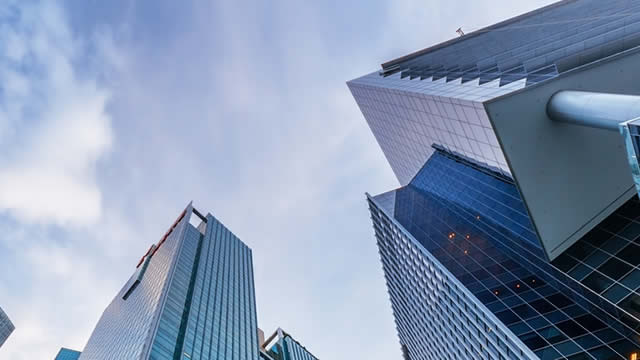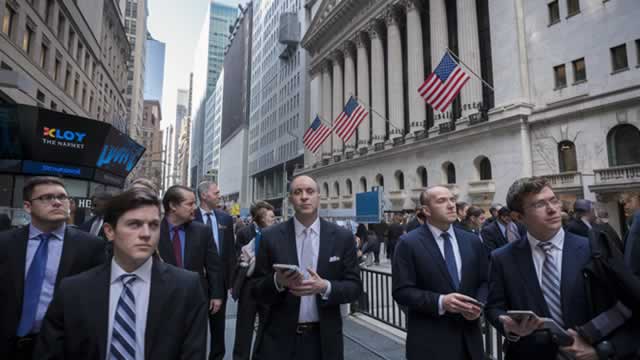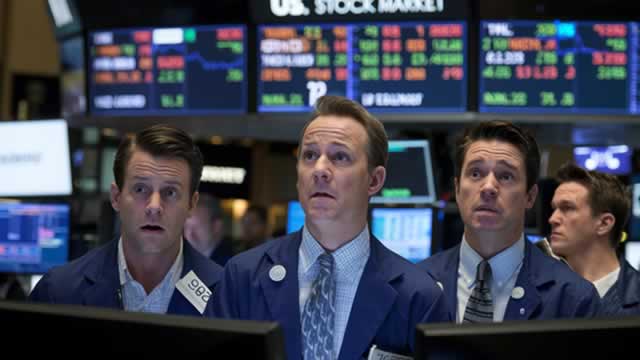Former Twitter CEO Jack Dorsey Alleges that India Threatened to Raid the Homes of Twitter Employees During Farmers’ Protest of 2020-2021
An Insight into Jack Dorsey’s Experience
During a television interview, Jack Dorsey, the former CEO of Twitter, opened up about the challenges he faced when handling requests and demands from powerful individuals. Dorsey shared a startling revelation about an incident involving the Indian government threatening to shut down Twitter in India and raid the homes of Twitter employees during the Farmers’ Protest of 2020-2021.
The Alleged Threat from India
According to Dorsey, the Indian government made these threats in response to Twitter’s handling of content related to the Farmers’ Protest. The protest, which started in November 2020, saw farmers across India demonstrating against new agricultural laws implemented by the government. The social media platform played a significant role in amplifying the voices of protesters and sharing real-time updates on the ground.
The Indian government, led by Prime Minister Narendra Modi, was reportedly unhappy with Twitter’s stance on the protest and demanded the removal of certain tweets and accounts. When Twitter refused to comply with these requests, the government allegedly resorted to threatening the company and its employees with legal action.
Impact on Individuals
As an individual user of social media, particularly Twitter, the alleged threat from the Indian government brings to light the importance of freedom of speech and expression online. The incident raises concerns about government overreach and censorship, as well as the ethical responsibilities of tech companies in navigating such challenging situations.
Global Ramifications
On a global scale, the allegations made by Jack Dorsey shed light on the evolving dynamics between social media platforms and governments around the world. The incident in India serves as a reminder of the power struggles that occur when technology, politics, and free speech intersect.
Conclusion
Former Twitter CEO Jack Dorsey’s allegations regarding the Indian government’s threats during the Farmers’ Protest of 2020-2021 highlight the complexities of navigating the intersection of technology, politics, and human rights. The incident underscores the need for continued scrutiny and dialogue on the role of social media platforms in safeguarding freedom of expression and upholding democratic values.





